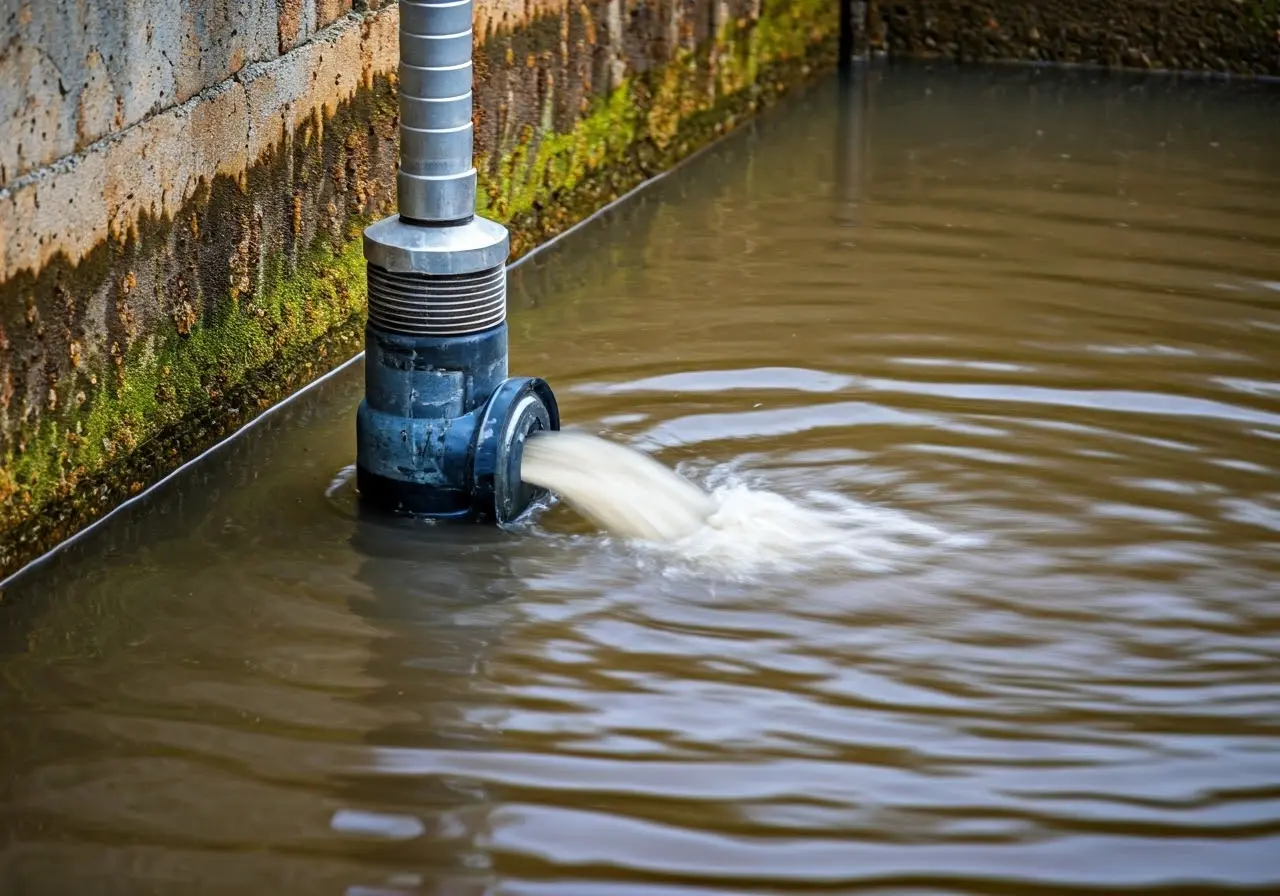10 Common Questions About Water Extraction Service Answered
Water extraction services can often feel overwhelming, especially if you're facing a situation where you need them. Whether it's due to flooding, a broken pipe, or other water-related issues, understanding what to expect can make the process smoother. In this post, we'll answer some of the most common questions people have about water extraction services, helping you feel more informed and prepared.
1. What is water extraction service?
Water extraction service involves the removal of excess water from a property, typically after an incident like flooding or water damage. This process aims to prevent further damage and reduce the risks of mold and mildew.
In simple terms, it’s a critical step in the recovery process following water-related disasters. When done promptly, it can save homeowners from extensive renovations or the need for more costly repairs down the line. The service usually includes not just removing standing water but also drying out affected materials and addressing any potential hazards.
2. When do I need water extraction?
You should consider water extraction services whenever your property experiences significant water exposure, whether from natural disasters, plumbing issues, or significant spills.
For instance, if a storm has caused flooding or if a pipe bursts, the urgency for water extraction increases. Waiting too long after such events can lead to further damage and complications, such as mold growth, which is why knowing when to call for help is vital.
3. How is water extracted from my home?
Professionals use specialized equipment like pumps and vacuums to quickly and effectively remove water. They may also employ dehumidifiers and fans to dry out affected areas.
The extraction process typically begins with a thorough assessment of the situation to understand the extent of the water issue. Technicians then strategically place the extraction equipment to maximize efficiency. After removing the bulk of the water, attention shifts to drying and dehumidifying the environment, ensuring that moisture is eliminated from every nook and cranny.
4. Will my insurance cover water extraction costs?
Many homeowners' insurance policies cover water extraction services if the damage is due to a covered peril. It's best to consult your insurance provider for specific details.
Keep in mind that coverage varies widely based on the cause of water damage and the specific terms of your policy. It's wise to have an understanding of your coverage details before a disaster strikes. Documentation of the damage through photos and keeping records of the service provider's work can also be beneficial when filing a claim.
5. How long does the water extraction process take?
The duration of the water extraction process depends on the severity of the water damage. It can range from a few hours to several days, especially when drying and restoration are included.
Generally, the initial extraction phase goes quickly, but drying out walls, flooring, and contents often takes longer. Factors like humidity, temperature, and airflow play crucial roles in how fast the area dries. Professional services are equipped with tools that speed up this process significantly, but patience may be required as some areas can remain damp longer than others.
6. Do I need to leave my home during the extraction?
In some cases, it may be necessary to leave your home, especially if the damage is extensive or if hazardous materials are present. The professionals will advise you on the best course of action.
Your safety is paramount, and while workers strive to mitigate risks, they may recommend temporary relocation until the situation is controlled. It’s important to trust their expertise and take any necessary precautions for your health and safety.
7. Can I perform water extraction myself?
While some minor water extraction might be manageable for homeowners, it's generally best to hire professionals for significant issues to ensure thoroughness and safety.
DIY methods might work in less severe cases, such as mopping up small puddles or using a wet/dry vacuum—but dealing with extensive water damage often requires specialized knowledge and equipment that the average homeowner simply doesn't possess.
8. What if my furniture is damaged by water?
Water damage can harm furniture, but many can be restored. Professionals can assess and treat affected items, often salvaging them if the damage is caught early.
It’s essential to act quickly because certain materials are more susceptible to damage. Upholstered furniture, for instance, may need immediate treatment to prevent stains and odors from setting in. Some companies even offer specialized cleaning and restoration services tailored for valuable pieces, ensuring your assets are not lost to water damage.
9. How can I prevent future water damage?
Regular maintenance, such as checking for leaks, proper drainage, and waterproofing basements, can help prevent future water issues. It's also a good practice to have a response plan in place.
Additionally, investing in sump pumps and maintaining gutters are practical steps that can combat water accumulation. Encouraging proper landscaping to direct water away from your home is also key. It's about creating a proactive approach, because prevention often saves a lot of hassle and expense down the line.
10. What should I look for in a water extraction service?
When choosing a water extraction service, consider factors like experience, certifications, customer reviews, and availability. It's important to select a trusted provider to ensure quality work.
Eastern Restoration & Disaster will assist in all steps of the restoration process. Not only will we mitigate the water damage, but we will also restore the property and guide you on the insurance claim process. Call now at 919.907.3826.


